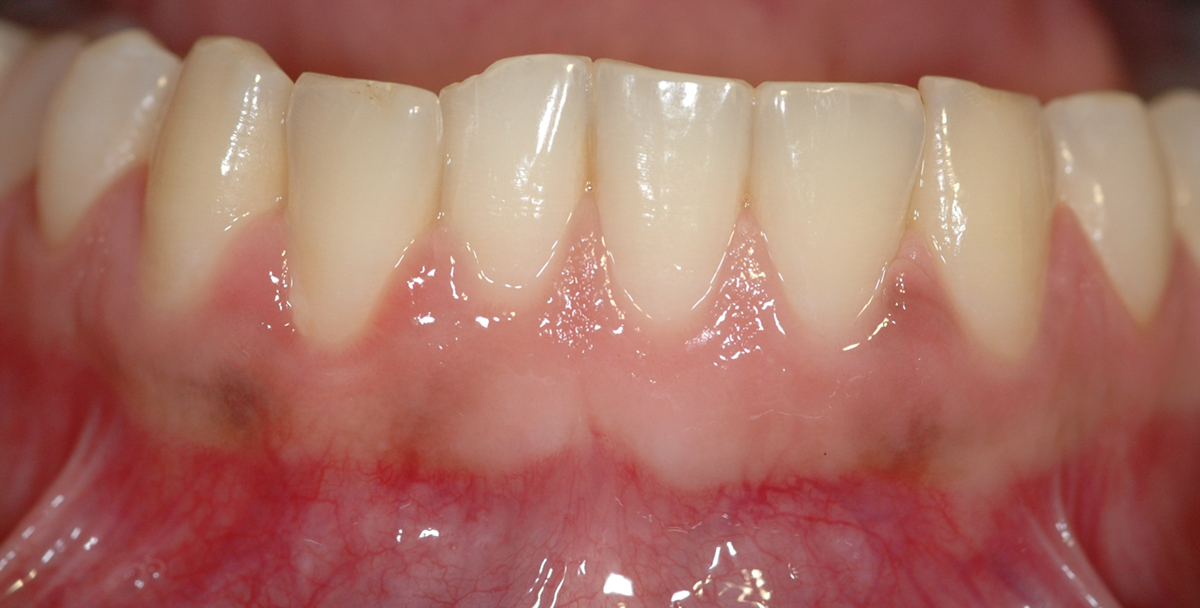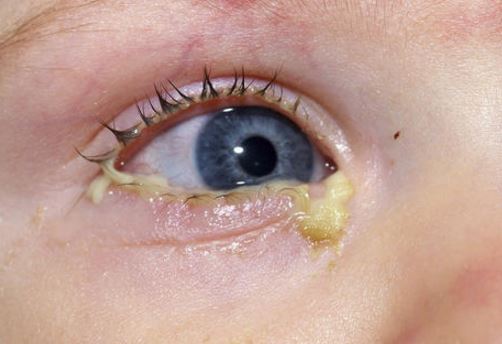Table of Content
In case of an urgent concern or emergency, call 911 or go to the nearest emergency department right away. Some physicians and affiliated healthcare professionals on the Children’s Healthcare of Atlanta team are independent providers and are not our employees. Antibiotics will not work for the flu because the flu is a virus, not a bacterial infection. Tamiflu is a prescribed antiviral medicine that can help treat the flu, but it carries a risk of side effects in children. Your child will first be evaluated thoroughly for a risk of serious infection against the potential side effects of taking this medication before his pediatrician will prescribe it.

Unfortunately, the group with the highest risk is also the group that cannot get the flu vaccine. Infants 6 months and under are not approved for receiving the flu vaccine, which makes a parent’s job of protecting them from the flu that much more critical. Keep your unvaccinated baby and vaccinated children away from people who are sick. If your child’s fever is not going down, the symptoms are getting worse, their diapers are not wet, or they’re having trouble breathing, call the doctor right away. They may recommend you go to the emergency room if symptoms are severe. For babies 6 months of age and younger presenting with fever and irritability, Segura recommends Tylenol.
Treating Your Child’s Flu Symptoms at Home
Your milk supply will return to normal when you're feeling better. Get in touch with your provider or a lactation consultant for support if you're concerned. The severity of the flu differs from person to person, so it's possible to be infected with the virus and not know it.
Honey can help loosen a stubborn cough in children older than 12 months of age. Do not give honey to children under 12 months old. You can give over-the-counter cough or cold medicines to children over 6 years old if your doctor says it's OK. Follow the package instructions carefully so you give the right amount.
Treating The Flu With Medication
Experts recommend using a cold air humidifier rather than a traditional, heated humidifier. One of the more undignified moments of motherhood was when I sucked the snot out of my baby’s nose. There is nothing that strikes terror in the hearts of new moms more than the idea of her baby catching the flu. Always consult with your doctor before giving your toddler an echinacea supplement.

From the Medical College of Wisconsin School of Medicine in 1995 and completed her residency at the Medical College of Wisconsin in Pediatrics in 1998. She is a member of the American Medical Writers Association and the Society for Pediatric Urgent Care. If your child is under the age of six, then do not give him or her cough drops that contain eucalyptus. You can add a few drops of eucalyptus oil to a humidifier to help relieve congestion and sinus issues. You can also use dried leaves or fresh leaves in a topical rub.Do not give eucalyptus oil orally or allow a child to drink eucalyptus tea. Ginger has antiviral and antibacterial properties and may also help reduce the production of mucus.
Protect Against Flu: Caregivers of Infants and Young Children
Flu may cause fever, cough, sore throat, runny or stuffy nose, body aches, headache, chills and fatigue. Young children also may have vomiting or diarrhea with flu symptoms. It’s important to note that some people with flu may not have a fever.
Thats caused by a variety of other viruses that don’t include influenza and leads to severe diarrhea and vomiting, sometimes with fever. While children are not more susceptible than adults to cold and flu, their exposure tends to be higher. Because of their ability to share their secretions and because they are not inclined to use the best hand hygiene, children spread germs more readily than adults, Bernstein explains. Children under the age of five, especially those between the ages of six and 23 months, are considered to be at high risk of complications of the flu. Talk to your doctor about a vaccination against the flu for you and your children. The CDC recommends that anyone over the age of six months should be vaccinated.
Kids lose electrolytes when they vomit or have diarrhea. This can lead to low sodium in the blood, a dangerous situation. A rehydration solution, like Pedialyte, replenishes fluids and electrolytes. Keep in mind that the common cold is quite contagious, passing from person to person via touch or airborne particles, so it may spread for a couple of weeks after your child falls ill.

Take care of yourself and the other people in your family. If you haven't already, speak to your doctor about getting the flu vaccine for you and other family members. It's recommended yearly for everyone older than 6 months of age. Also, wash your hands well and often, especially after picking up used tissues. Keep your child hydrated to help reduce cold and flu symptoms and make them feel better. Your child may not feel as thirsty as they normally would, and they may be uncomfortable when drinking, so it’s important to encourage them to drink plenty of fluids.
We’ll go over several toddler flu remedies that are completely natural and very effective. Infants younger than 3 months old whose temperature reaches 100.4°F (38°C) or higher should be evaluated by a doctor because fevers in infants can indicate a serious illness. Kids need to drink plenty of fluids when they are fighting the flu.

Echinacea may be able to reduce the symptoms and the duration of the flu.To make Echinacea tea, put one to two grams of dried root or 15 to 20 drops of pure extract in your childâs tea. National Institutes of HealthGo to sourceEchinacea rarely causes any adverse effects, such as nausea and headaches. Garlic has antibacterial and antiviral properties and has been used for thousands of years to reduce the severity of colds and the flu by boosting the immune system. For example, take one to two cloves of garlic and add it to the chicken soup you make your child.You can give your child a garlic supplement. You can talk to your doctor about his option. Flu antiviral drugs can be used to treat flu and are approved for use in children.
However, there’s an additional benefit to using a saline solution. I’m a worry wart at heart, so hearing words like “upper respiratory infection” and influenza” automatically make me think of nursery rhymes like John Brown’s Baby and Solomon Grundy. Verywell Family uses only high-quality sources, including peer-reviewed studies, to support the facts within our articles. Read our editorial process to learn more about how we fact-check and keep our content accurate, reliable, and trustworthy.
If your baby is over 6 months, you can try adding essential oils to your humidifier or diffuser. Essential oils such as lemon, lavender, and frankincense , can help break up congestion and relieve insomnia. Consider flushing out your baby’s nose before every single feeding. So, in a way, managing colds is just part of parenting a toddler, as unpleasant as they may be. Dealing with toddler colds can be exhausting and relentless, but you should know you are not alone.

No comments:
Post a Comment